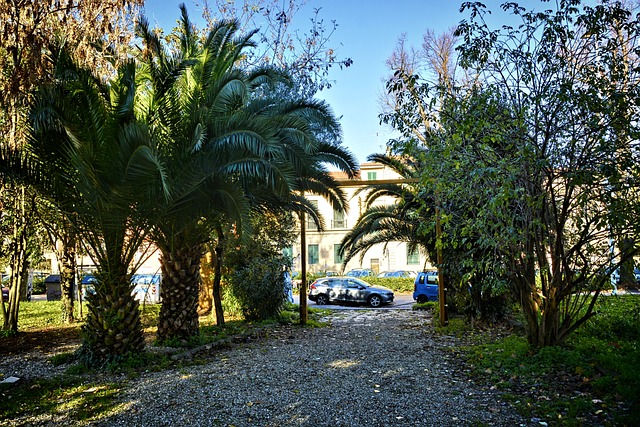slot aviation 👀 The Transformation of Slot Aviation: A New Era of Efficiency and Connectivity

Olá, amigos! Hoje o artigo será sobre slot aviation, e também vamos analisar slot aviation em detalhes. Fiquem ligados!
In recent years, the aviation industry has witnessed a significant transformation, particularly in the management and allocation of airport slots. This evolution, often referred to as slot aviation, has emerged as a crucial factor in enhancing the efficiency of air travel, optimizing airport operations, and ultimately improving the passenger experience. As airlines and airports adapt to these changes, the benefits of a more structured and equitable slot system are becoming increasingly evident.
At the core of slot aviation is the concept of airport slots — the designated times assigned to airlines for takeoffs and landings. The allocation of these slots is critical, as it directly affects the flow of air traffic, the punctuality of flights, and the overall capacity of airports. Traditionally, slot allocation was often seen as a contentious issue, with airlines competing fiercely for the most coveted time slots at busy airports. However, with the advent of more sophisticated management systems and regulatory frameworks, the landscape of slot aviation is evolving towards a more organized and efficient model.slot aviation

One of the most significant advancements in this area has been the implementation of data-driven decision-making processes. Airports are increasingly utilizing advanced analytics to assess slot utilization, passenger demand, and overall operational efficiency. This data-centric approach allows for a more rational allocation of slots, enabling airports to maximize their capacity while minimizing congestion. As a result, airlines can better plan their schedules, leading to improved reliability for passengers and a reduction in delays.
Moreover, the push for sustainability within the aviation sector has further catalyzed the evolution of slot aviation. With increasing scrutiny on the environmental impact of air travel, airports and airlines are now prioritizing the allocation of slots to flights that employ more efficient aircraft and demonstrate a commitment to reducing carbon emissions. This shift not only aligns with global sustainability goals but also encourages innovation within the industry, as airlines strive to enhance their fleet's performance and environmental footprint.slot aviation
In addition to sustainability, slot aviation is also fostering greater connectivity among regions. The structured allocation of slots is enabling airlines to launch new routes that were previously deemed unviable due to slot constraints. By optimizing the use of existing capacity, airports can facilitate increased competition among airlines, ultimately benefiting consumers through lower fares and more options. This enhanced connectivity is particularly vital for regions that have historically been underserved, as it opens up new economic opportunities and strengthens tourism.slot aviation
Furthermore, the introduction of collaborative decision-making models among stakeholders in the aviation ecosystem is playing a pivotal role in the success of slot aviation. Airlines, airport authorities, and regulatory bodies are now working together more effectively to ensure that slot allocation meets both operational needs and passenger demand. This collaborative approach not only enhances transparency in the allocation process but also builds trust among stakeholders, paving the way for a more resilient and responsive aviation sector.
The success of slot aviation can be seen in the improved performance metrics across various airports globally. Airports that have embraced modern slot management practices are reporting significant gains in operational efficiency, reduced turnaround times, and enhanced passenger satisfaction. The benefits are not solely limited to the airport environment; they extend to the entire aviation supply chain, including ground handlers, air traffic controllers, and service providers, all of whom are better equipped to manage their resources and respond to demand fluctuations.slot aviation

As the aviation industry continues to recover from the challenges posed by recent global events, the focus on slot aviation will undoubtedly become more pronounced. Airlines and airports will need to remain agile and responsive to changing market dynamics, and the implementation of smart slot management strategies will be essential for navigating this complex landscape.
Neste momento, podemos considerar uma outra abordagem relacionada a slot aviation.
In conclusion, the evolution of slot aviation represents a significant achievement in the quest for a more efficient, sustainable, and connected air travel system. As stakeholders in the aviation ecosystem embrace data-driven practices, collaborative decision-making, and a commitment to sustainability, the future of air travel looks promising. The transformation of slot aviation is not merely about managing takeoffs and landings; it is about reshaping the way we connect, travel, and experience the world. With continued innovation and cooperation, the aviation industry is poised to soar to new heights, delivering unparalleled benefits to passengers and the global economy alike.slot aviation
Agradecemos pela leitura, o artigo sobre slot aviation e slot aviation chega ao fim aqui, até a próxima!
Fale conosco. Envie dúvidas, críticas ou sugestões para a nossa equipe através dos contatos abaixo:
Telefone: 0086-10-8805-0795
Email: portuguese@9099.com


